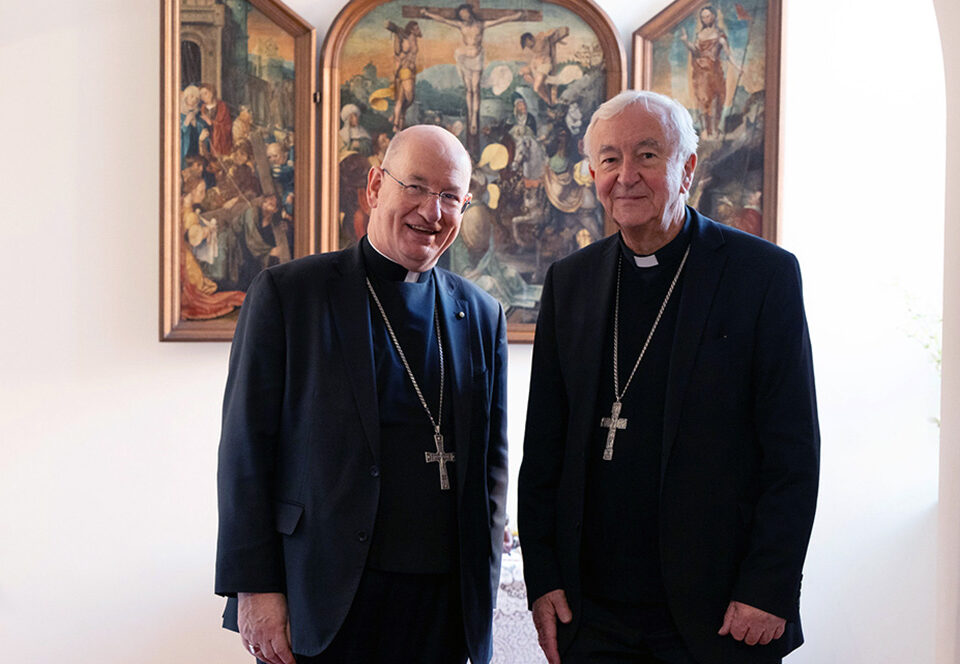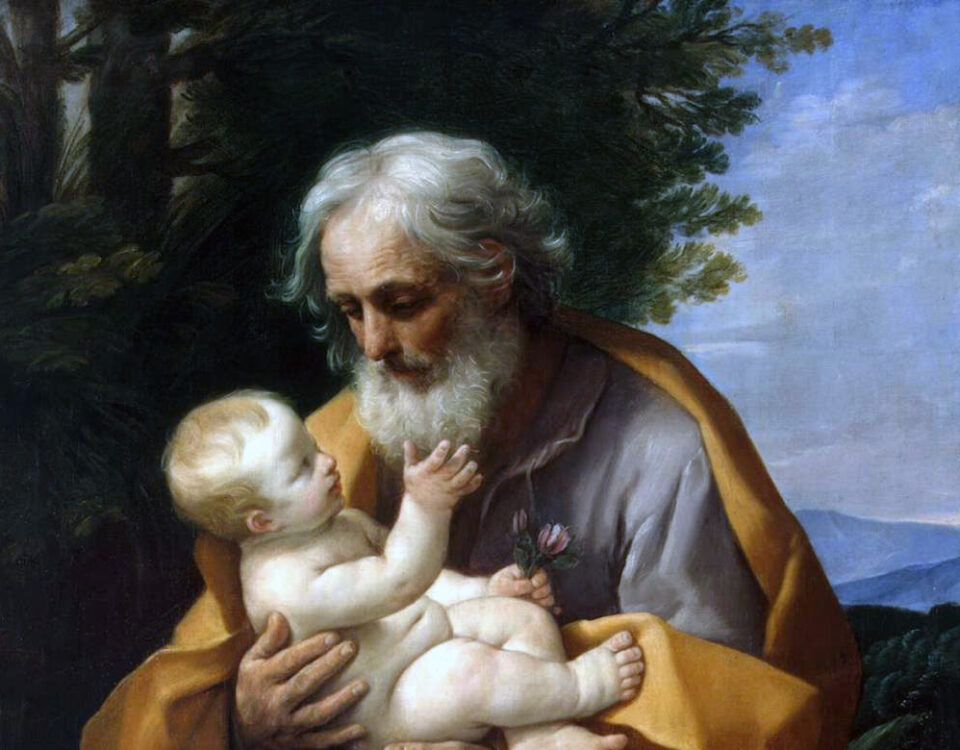
Prudence & Courage: Gathering of Charismatic Family
May 16, 2025
Be first to read June Catholic East Anglia online
May 20, 2025In his monthly column Fr Alvan Ibeh says we are called to become apostles of mercy by receiving God’s boundless compassion and sharing it with a hurting world through lives of forgiveness, humility, and love.
“Blessed are the merciful, for they will be shown mercy.” — Matthew 5:7 (NIV)
I have chosen to write on this topic in memory of the late Pope Francis, who did not merely preach about mercy but, through his life and actions, truly became an apostle of mercy. It was only after his passing that I took the time to reflect deeply on some of his teachings about the boundless mercy of God. I have come to appreciate how powerful those teachings were — even if, at times, they were misunderstood.
In a world often marked by division, anger and judgement, the call to mercy shines like a lighthouse guiding weary ships home. Mercy is not just a noble idea or an occasional act of kindness; it is a way of life for everyone who professes to follow Christ. It is a life to which we are all called: “Be merciful, just as your Father is merciful.” — Luke 6:36
To become apostles of mercy is to live each day as living signs of God’s limitless love and forgiveness.
Our journey begins with a personal encounter with God’s own mercy. We are able to show mercy only because mercy has first been shown to us by the Father of all mercies — whose compassion endures forever. Each of us has fallen short of His glory (Romans 3:23), yet God meets us not with condemnation, but with grace. When the prodigal son returned, he was not greeted with punishment, but with open arms and joyful celebration (Luke 15:11–32). So it is with us — God’s mercy is greater than our failures, stronger than our fears, and more enduring than our shame.
When we recognise just how much mercy we have received from God — that it is by His mercy we are even alive — we are humbled. It reminds us that we are not self-made, but grace-saved. It breaks the chains of pride and opens our hearts to compassion. A question to reflect on: When was the last time you truly allowed yourself to feel the depth of God’s mercy towards you?
Mercy is not meant to end with us; it is meant to flow through us. Just as a river does not hoard the water it receives, so we are called to pass on the mercy given to us. Mercy transforms us from within. It softens our hearts towards those we once judged, opens our eyes to those we once ignored, and grants us patience with those we once found difficult.
Saint John Paul II wrote: “The Church lives an authentic life when she professes and proclaims mercy — the most stupendous attribute of the Creator and of the Redeemer — and when she brings people close to the sources of the Saviour’s mercy.” (Dives in Misericordia, 13)
To be transformed by mercy is to cultivate a heart that sees beyond offence, a mind that seeks to understand rather than to accuse, and a spirit that reflects the heart of Jesus.
An apostle is not merely a follower — an apostle is one who is sent. Being apostles of mercy means being sent into the world as bearers of hope, forgiveness, and healing. It means extending mercy not only to those who deserve it, but especially to those who do not — just as Christ has done for us.
We must remember that mercy is not weakness; it is strength. It is the bold declaration that love is stronger than hatred, and that forgiveness is more powerful than revenge. Pope Francis reminded us: “Mercy is the very foundation of the Church’s life. The Church’s very credibility is seen in how she shows merciful and compassionate love.” (Misericordiae Vultus, 10)
When we live as apostles of mercy, we bring Christ into every conversation, every act of kindness, and every gesture of compassion. We become part of God’s great story of redemption, unfolding here and now.
Transform me, O Lord, by your love, so that I may see others through your eyes.
Send me into the world as an apostle of your mercy. Amen.




